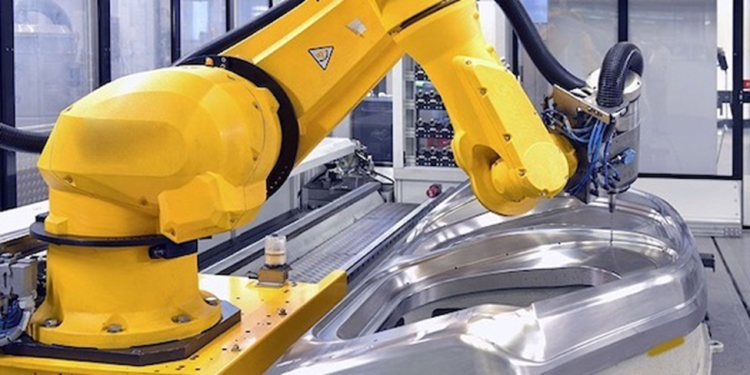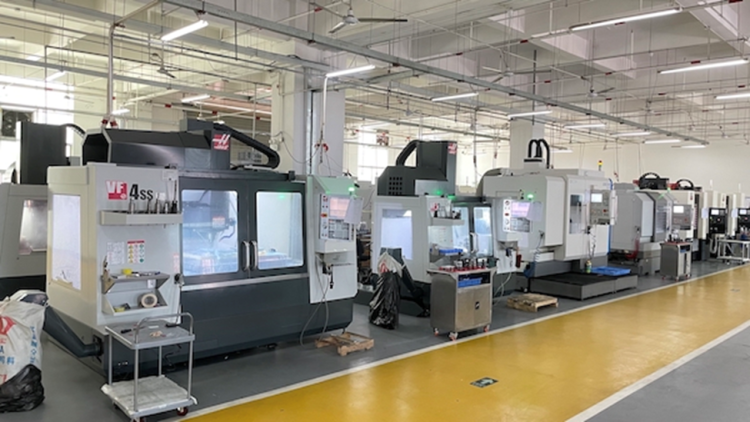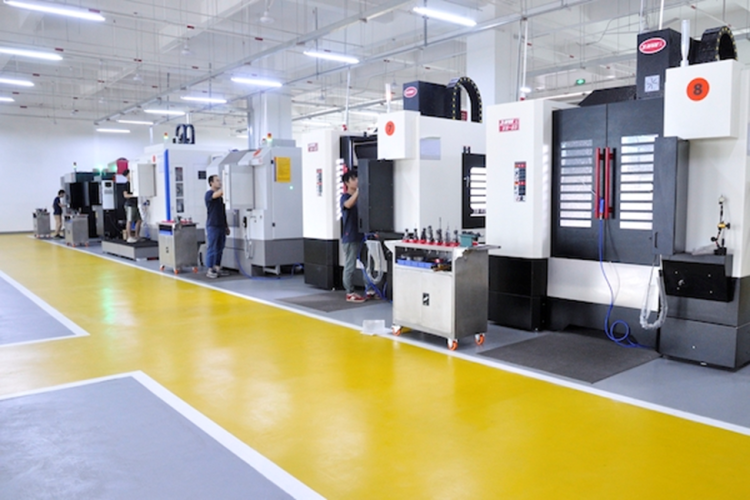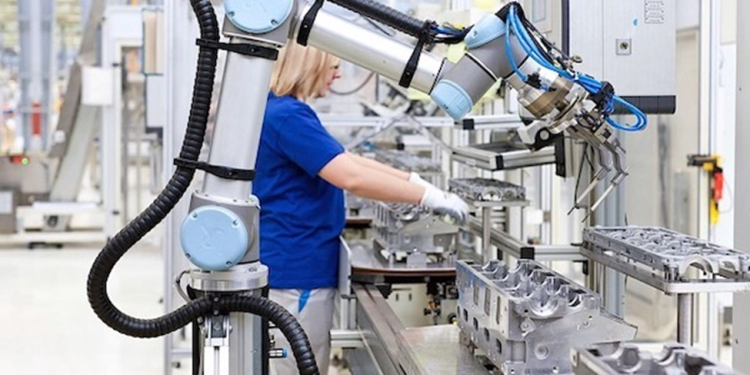Benefits of Cloud Computing in Manufacturing
Manufacturing has taken a significant leap in the 21st century. The industry shifted from using hand tools and manual machines, which required skilled labor, to automated CNC machines. Earlier, these machines depended on local computing and storage resources. However, as industries grew and became more scattered, a more efficient solution was needed to control machines and manage resources.
The new industrial revolution, known as Industry 4.0, has completely digitalized the industrial landscape. Cloud computing is the main driving force behind this transformation. Currently, over 80% of manufacturing organizations use cloud computing in some form. This article highlights the benefits of cloud computing in manufacturing.
Streamlined Production Process
In manufacturing, production is the heart of everything. It involves machines, workers, and countless processes that need to work perfectly together. When you bring cloud computing into this mix, it acts like an efficient coordinator.
By digitalizing every part of the process through a cloud-based system, communication between machines and workers becomes simpler and more direct. Also, the sharing of resources across different parts of the factory gets much easier.
Cloud computing plays a critical role in automation. Traditionally, many manufacturing processes that involved manual input—from human workers—were susceptible to errors. Automating these processes through cloud resources minimizes these errors.
Enterprise Resource Planning (ERP) and Manufacturing Execution Systems (MES) software are also integrated through cloud computing. ERP systems manage a range of business activities, from order booking to final delivery, while MES focuses on the actual production activities. Kinetic, AVEVA, DELMIAWorks, PinPoint, and GE Digital are among the popular software available for enhancing production.
Volkswagen Group recently built a Volkswagen Industrial Cloud on AWS to connect data across over 120 factory sites. With that cloud setup, they are aiming for a 30% increase in productivity, reduce factory costs by 30%, and save over $1 billion in the supply chain.
WayKen Manufacturer, the leading name in rapid manufacturing that has worked with several manufacturing businesses, also advocates that cloud computing use in manufacturing is quite effective in increasing production rates.
Enhanced Quality Control
An additional benefit of integrating cloud computing in manufacturing is the ability to remotely monitor production quality. For instance, high-definition cameras and sensors can be installed along the production line to continuously capture and send data to the cloud.
The data could be images, measurements, and operational parameters like temperature and pressure, which are analyzed in real time. If any discrepancies or defects are detected, the system can immediately alert operators and suggest corrective actions.
Intel has been using this technology for years to ensure the highest quality in their microchips. All their manufacturing equipment has sensors embedded that record temperature, pressure, voltage, and vibration across the production line. The data is sent to Intel’s cloud in real-time, where it is processed and analyzed by machine learning algorithms.
Data-Driven Decision Making
In modern manufacturing, the decision-making process is driven by data. Most cloud computing software provides tools for data analytics, which are necessary for informed, strategic decisions. And with real-time information from on-ground facilities, one can make swift decisions.
Further, you can implement machine learning on cloud data from multiple sources i.e. production lines, supply chains, and customer feedback. The data patterns can help forecast future outcomes, such as equipment failures, demand spikes, or supply chain disruptions. This helps businesses proactively and pre-plan accordingly.
A prime example of data-driven decision-making in action is Rittal GmbH & Co. It uses ONCITE software from German Edge Cloud to handle data from 250 production machines. This system collects real-time data and combines it with product information from their ERP system. It helps managers see production status and find ways to improve quickly.
Flexible and Scalable Production Capacity
Cloud computing provides manufacturers with access to scalable resources. For instance, when a manufacturer needs to increase production capacity, they can easily scale up their cloud services to handle increased data processing and storage needs without investing in new physical infrastructure. Similarly, during periods of lower demand, they can scale down resources, which helps control costs effectively.
Moreover, cloud systems can analyze historical production data and forecast future trends. This predictive planning helps manufacturers adjust their production processes in advance, reducing overproduction and saving costs.
Innovation in Manufacturing Technologies
Cloud platforms enable engineers can set up and dismantle test environments without the need for heavy upfront investments in infrastructure. Moreover, with cloud environments, they can easily simulate real-world manufacturing scenarios and test them under controlled conditions. This saves both time and money.
The cloud acts as a unifying platform where different technologies can interact. For instance, multiple IoT devices can connect to cloud systems to feed real-time data from the manufacturing floor. Then, the fed AI algorithms can analyze this data to optimize operations or predict maintenance needs.
One good example is Toyota Indiana. In their recently built plant, they consolidated various IT tools into a single cloud-based enterprise asset management system. This system integrates sensors and PLC data with existing manufacturing data and uses AI to enhance equipment maintenance insights.
Improved Supply Chain Visibility and Control
Cloud computing makes the supply chain transparent. ERP software like Acumatica, Kinetic, and Infor track raw materials and parts from the moment they leave the supplier until they arrive at the factory. Similarly, they help monitor the journey of the finished product to the end customer.
Supply Chain Software (SCM) software provides tools for demand forecasting, inventory management, procurement planning, logistics, and more. When these tools are hosted on the cloud, they become scalable, resilient, and accessible.
One example is Georgia-Pacific, a paper products manufacturer. They established a central data lake to overcome challenges associated with the supply chain. This system streams real-time structured and unstructured data from manufacturing equipment. With this integration in place, the company was able to predict equipment failures optimize production lines, and make sure that the highest quality products were manufactured at the fastest rates possible.
Conclusion
Since AI is rapidly advancing across multiple industries, it’s a matter of time before it will become a staple in manufacturing environments. And when it comes to running AI algorithms and controlling IoT devices, cloud computing seems as the only viable solution available to manufacturers.








